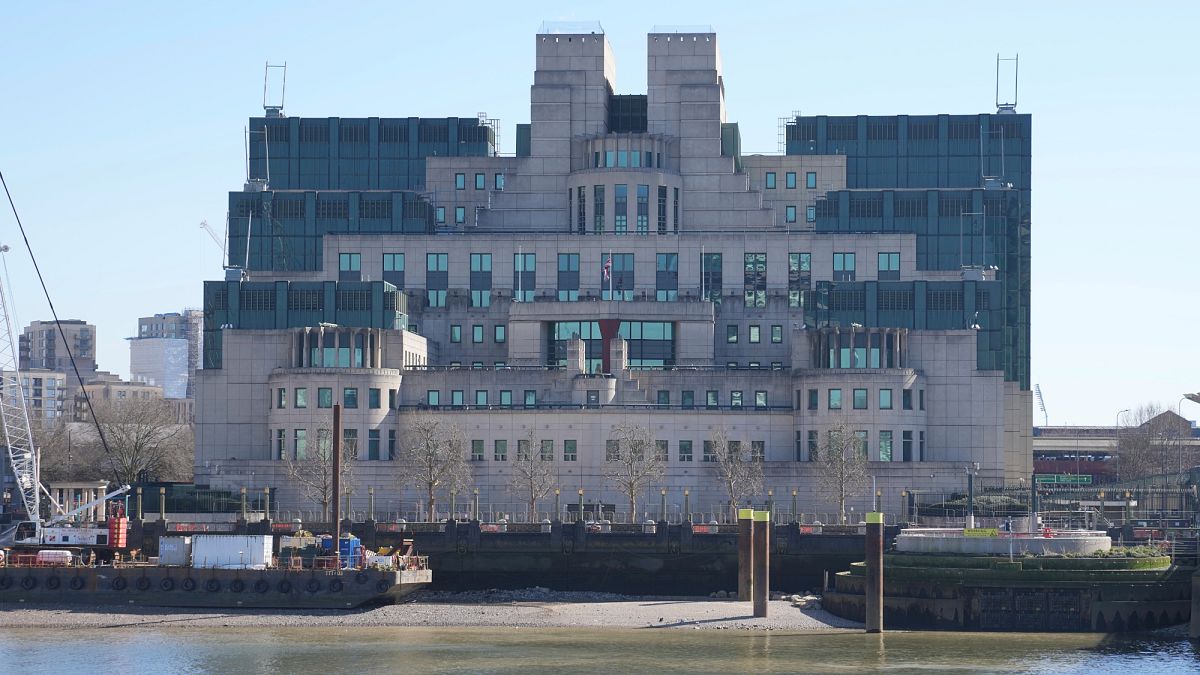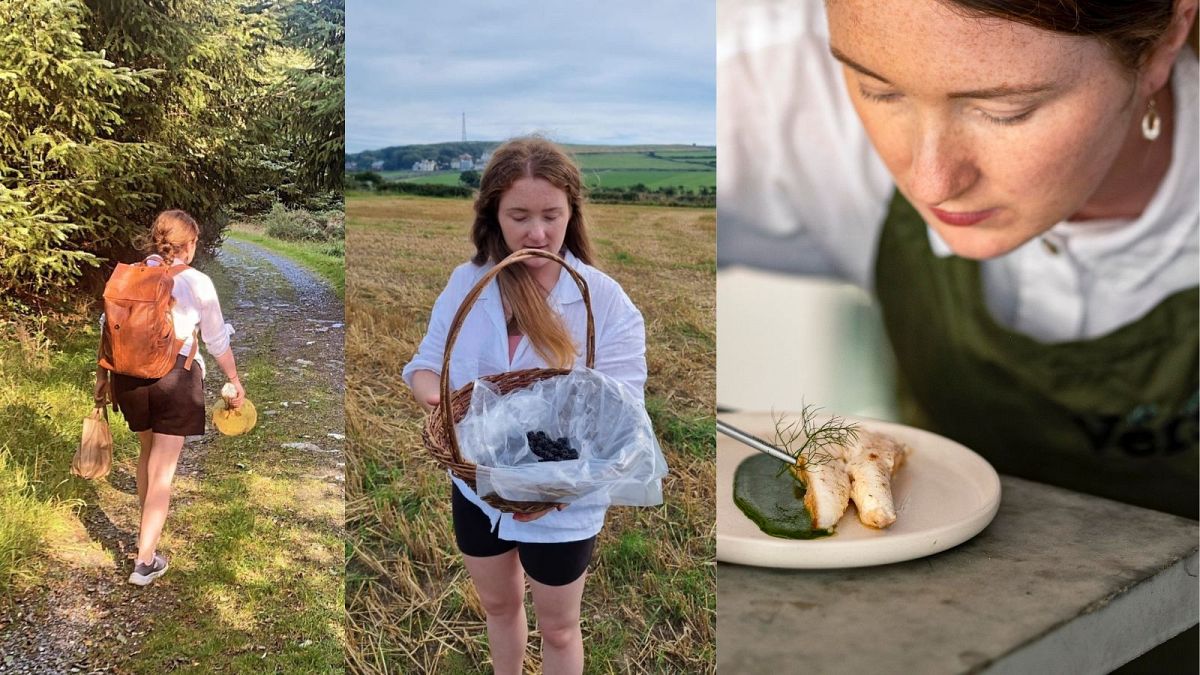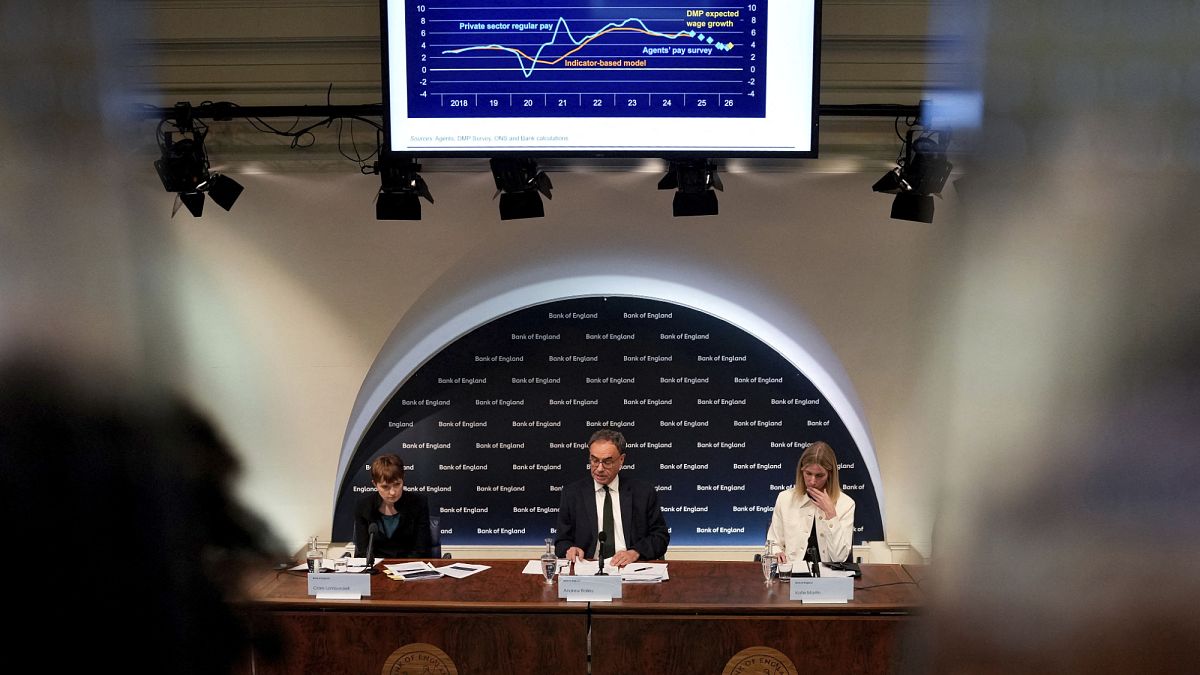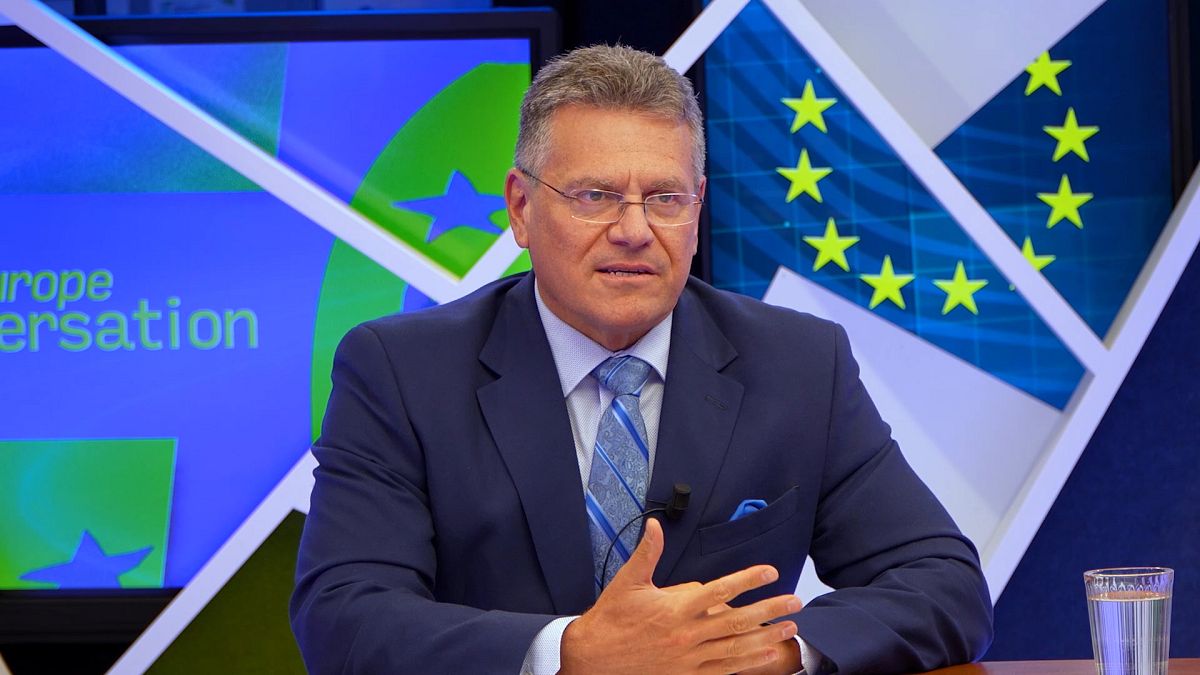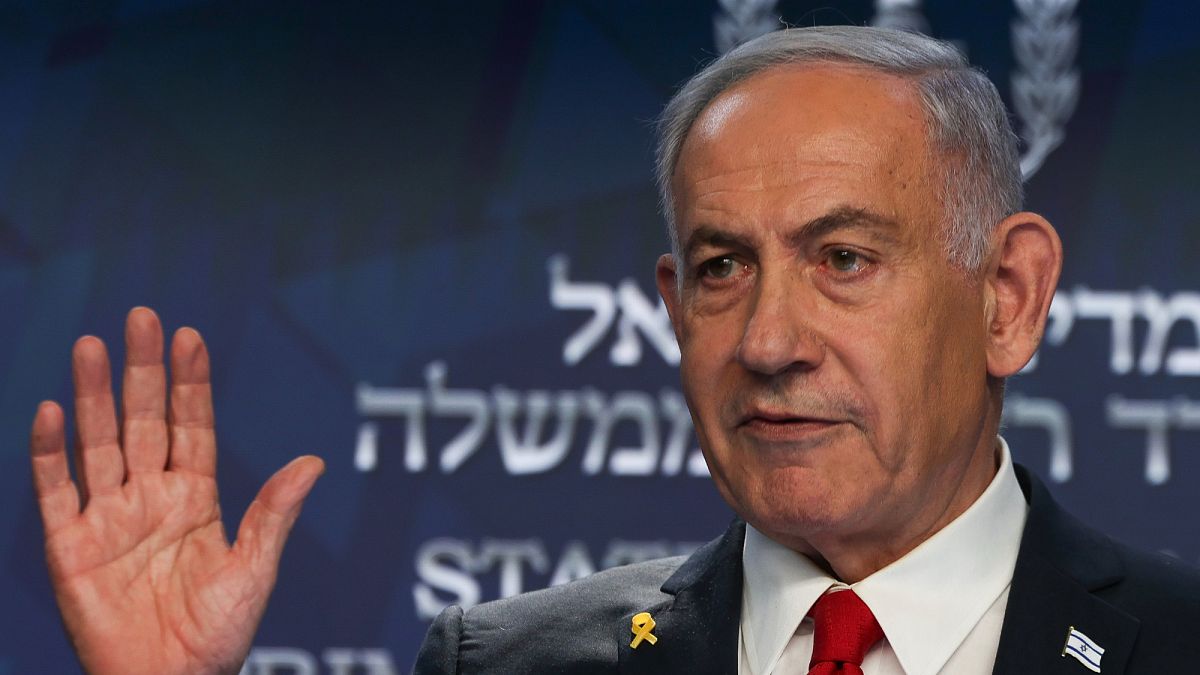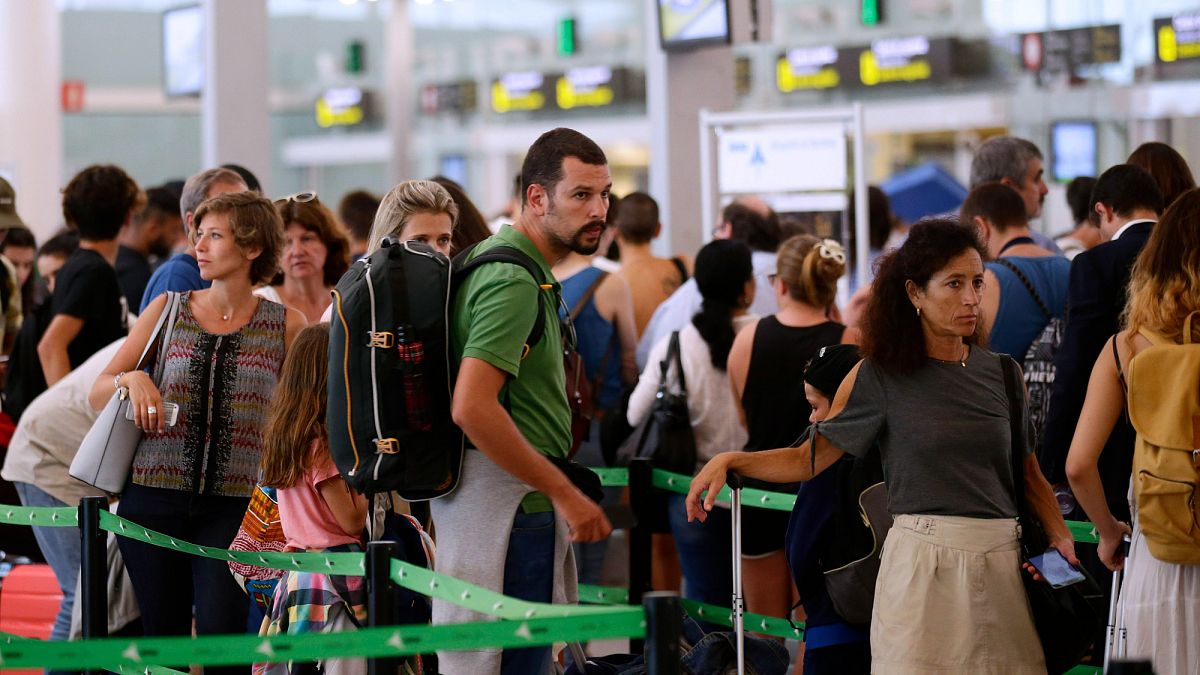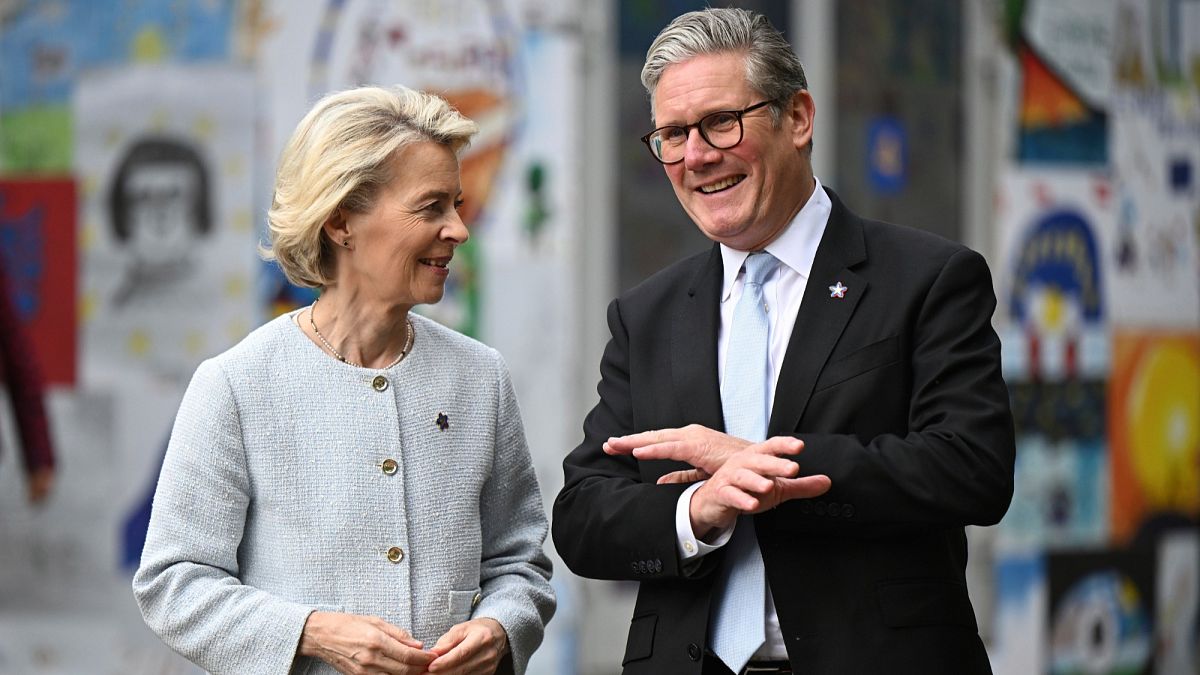Shona McCarthy steps down as Edinburgh Fringe CEO
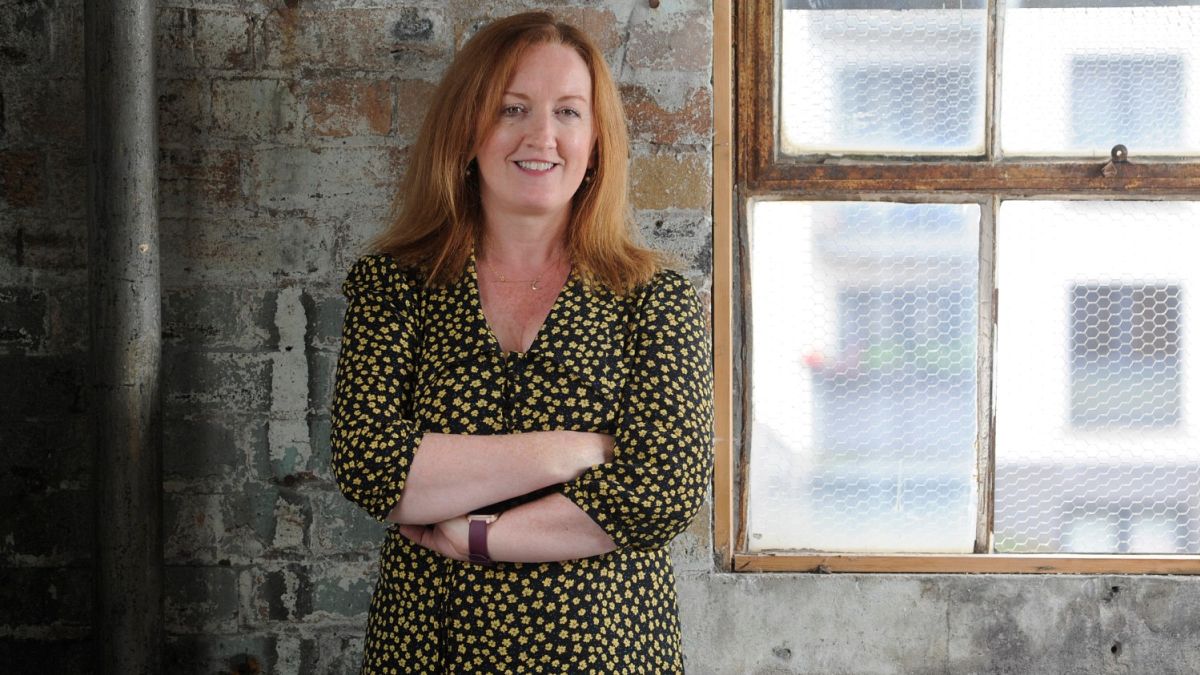
Having seen the festival through the pandemic, McCarthy leaves as Edinburgh Fringe CEO. What is next for the festival?
After nine years in the top role, Shona McCarthy is stepping down as CEO of the Edinburgh Fringe Festival.
McCarthy will officially leave the role in spring 2025. She will be replaced in time for the next edition of the festival which is the world’s largest performing arts festival and runs across hundreds of venues in Scotland’s capital during the month of August.
Taking over from Kath Mainland in 2025, McCarthy’s leadership has seen the festival grow to host over 3,700 shows annually with 2.6 million tickets sold. McCarthy said it has been an “enormous privilege” to work for the Fringe.
“I love this phenomenal festival and will forever be an advocate and champion. I have worked with some of the best people in our sector, a committed and passionate team,” McCarthy added in a statement.
Fringe honorary president Phoebe Waller-Bridge, whose breakthrough show ‘Fleabag’ was discovered at the festival, has praised McCarthy for “holding the festival together through its most challenging years.”
“You could not imagine a more passionate, determined, ambitious, hilarious, fiercely optimistic leader of the Fringe,” Waller-Bridge added. “I am personally devastated that she is leaving, but equally thrilled that she can take a well-earned rest knowing that she has raised more money, staged more shows, convinced more people of the importance and vibrancy of the Fringe than should be humanly possible.”
McCarthy started her decade-long tenure as the Fringe’s CEO after stints in leadership roles for the British Council Northern Ireland, Imagine Belfast 2008 and the Culture Company, helping to deliver the inaugural UK City of Culture Derry-Londonderry 2013.
Her time in the role will most likely be defined by her stewardship through the Covid-19 pandemic. Prior to the global event, the Fringe had its most successful year in 2019.
The festival survived a year’s cancellation and a reduced programme in 2021 to return in full force in 2022.
She leaves the festival in a seemingly good financial position, having secured significant public investment for the organisation, which will see the creation of a permanent base for the festival’s operations from 2026.
But the last decade of the Fringe’s organisation has not been without controversy. Artists have long spoken about the increasing costs of performing at the festival – largely due to rising accommodation costs – as prohibitive to the early career working class artists the festival once championed.
McCarthy has also butted heads with funding bodies, most notably Creative Scotland, who denied the festival funding in 2018 and then once again this year. McCarthy has warned of the Fringe being allowed to “fall through the cracks” of Scottish funding.
Most recently, McCarthy had to weigh in on criticism of culture festival’s acceptance of funding from organisations with politically unsavoury ties – namely those funding oil companies, and those associated with Israel.
After Baillie Gifford, the Scottish investment firm, was boycotted from its support of multiple literary festivals over its links to oil and gas money, McCarthy said that among the “fevered environment” festivals exist in, the board voted “overwhelmingly” in support of maintaining the partnership.
In a decade for the UK that has seen music and literary festivals close at an alarming rate, McCarthy’s legacy will be steadying the ship of Edinburgh’s crown jewel through an uncertain time. Her successor, who will be announced in the coming weeks, will be entrusted to continue that work. If they can find a way to make the festival the affordable paragon of nascent artists once again, all the better.
Source: Euro News


